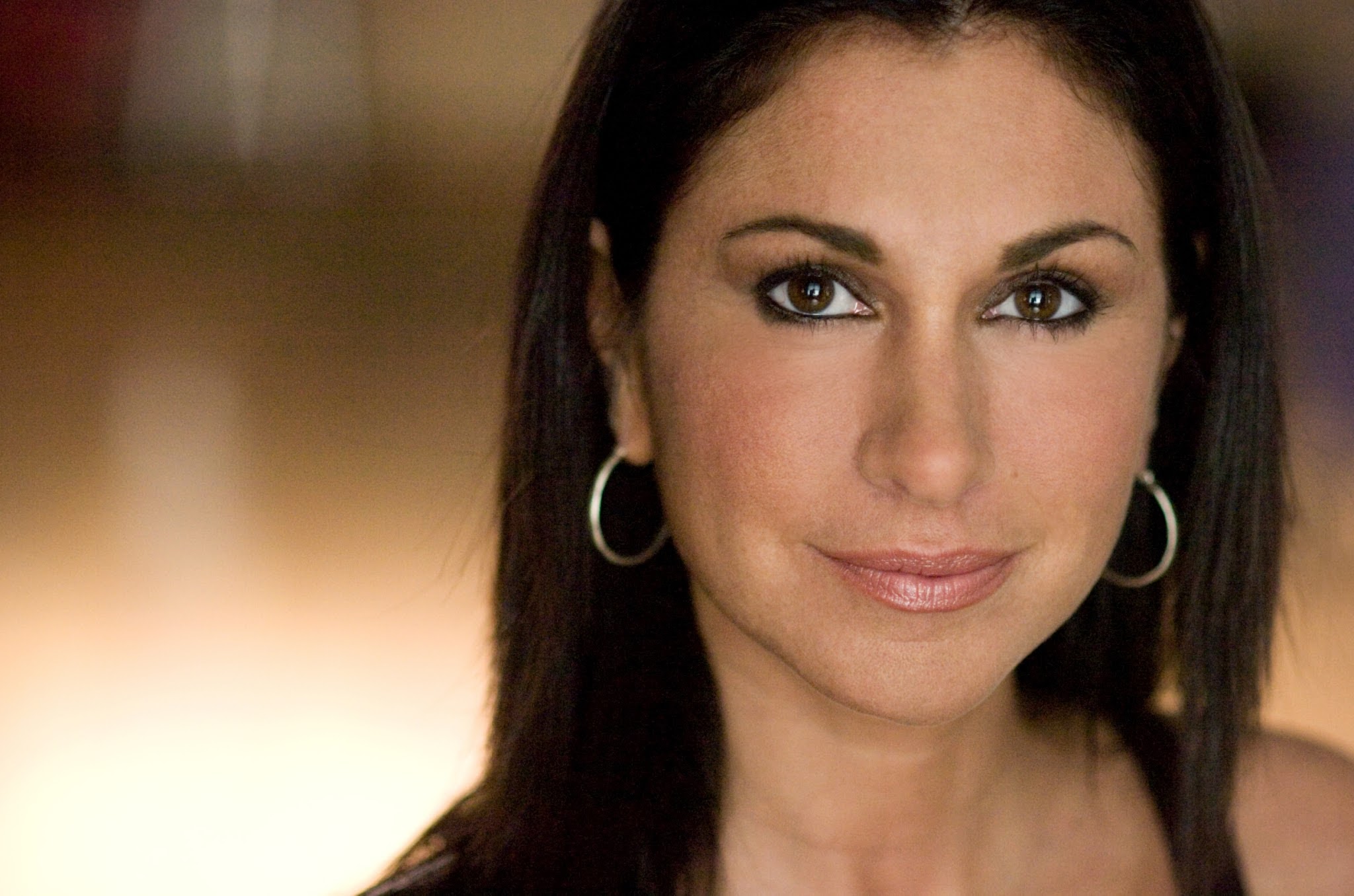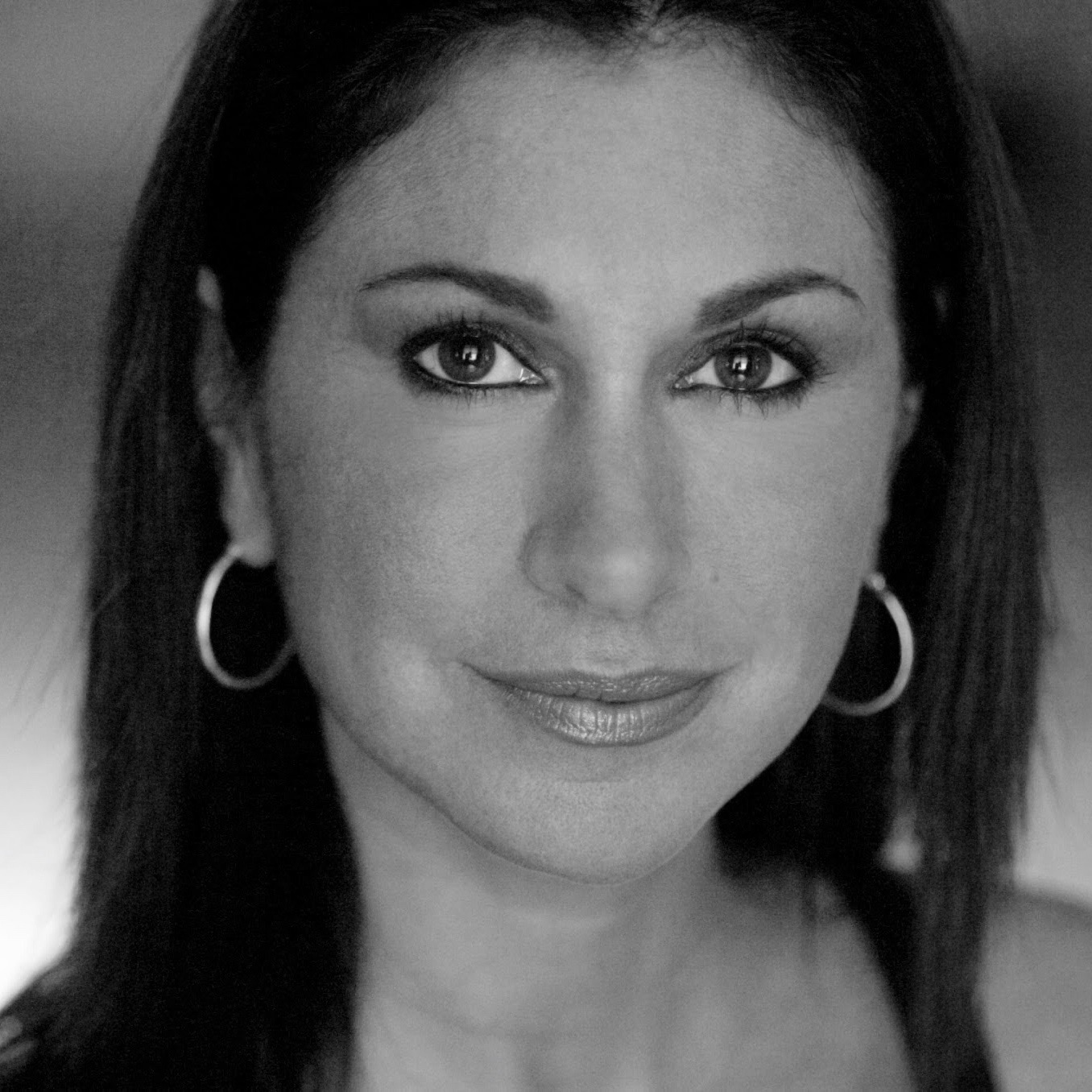
Q: During the exploration of my character and my scenes I allow myself to let go and see what comes without expectations BUT when the rehearsal period is over and it is time to perform or to be on set to shoot, how can an actor stay fully present without being result oriented when it is clear that an emotional response is expected by a director? I use emotional memories and sense memories in my preparation and it works very powerfully for me. I then trust that it will be present for me if needed during the scene, but it’s not always the case because I believe I’m sometimes too obsessed by creating an emotional response.
First of all, kudos to you for being prepared and in a way that I know lends itself to the aesthetic we all appreciate as good acting. We want to believe that the actor is inhabiting her part, so we can believe the performance and get engaged in the story. We don’t want to see the actor “acting.” Specific and personal preparation lends itself to this ideal, best. But, as you say, there are a different set of factors present in the rehearsal process and in actual performance that need to be taken into consideration during the actor’s preparation.
Preparation is a process of making choices that will serve the actor in performance. Since you are committed to preparing in a specific and personal way, you are looking for places where you and your character meet. You mention sense memory, which is going to help you to endow the set with a place you know, for example. And you mention emotional memory which
is going to help you to find an associative true-life memory to place you in the emotional territory of your character. This can be done for each scene, or you may use the same choice for several scenes. For example, if a scene is your character celebrating a family holiday and your sister is bringing home her husband that no one likes, you choose to sensorially work on a time in your life where you had an awkward family dinner, or to work on a person that you don’t like, or to endow the set with an uncomfortable place. In any regard, you are finding ways to personalize the scene so you can believe you’re in the circumstances and then elicit an appropriate emotional response. You will determine through trial and error which choices to cultivate.
Then, maybe you like the result and maybe the director wants you to do it every time. How do you repeat it?
The tendency for all actors is to try to repeat an emotional response. This not only takes the fun out of acting, but it doesn’t work. This approach will lead to pushing and anticipating, which are not art forms! You are acting out of fear not out of love, out of tension, not out of discovery. The loving response to your own instrument, is to go back to the source: what made this moment personally interesting for you in the first place? You return to the source each time in your preparation. You invite in these associations knowing the emotional territory they will evoke in you. The exact expression may vary slightly, just like in life. You never cry or laugh the same way twice. But it is the actor’s job to practice enough that
you have curated what you are going to invite in for each scene, knowing that you will then be prepared to live the scene with consistency. While preparing, you will have certain emotional responses. These responses feel good because you’re plugging into something real, just like in life- maybe even more real than in life! But the important part is, not to then chase the response that you had. Instead you go back to the source: what caused you to have an emotional response?
Then you get to set. You’ve endowed the relationship and the environment and situation personally. Now you must let go and trust. You have a whole new set of “triggers” now: real life! You have endowed your relationships with the people in the scene, and they will now be behaving in a way that will take it all to a new level. Your job is to listen and trust whatever comes up. Then when the director calls cut, you may invite your associations back in to keep it fresh between takes, but while acting, you are in the moment. So, there are two parts, first you endow the scene completely. Then, you play the scene!
You mention that you feel less emotionally connected during the takes than in rehearsal. The way to find your emotional connectedness is not through trying to repeat a result, but to act from sensation. When you endowed your place or person to the point you felt it was the right choice for the scene, you experienced a sensation. Mark that. That is what you go back to. And then connect to that and live. The expression will vary, but if you stay true to the sensation you will be having an authentic experience that is right for the scene.
Also remember, that everything is part of your character’s experience. The character is you. If you feel frustrated or distracted or nervous in a moment, for whatever reason, that becomes part of the moment. You feel frustrated that you are too tense? Relax! That is the character’s awareness and you’ve just created organic behavior. You feel you are disappointed? That’s a real feeling that becomes part of the scene and will lead to new awareness. The important thing is to accept whatever comes up as part of your experience. You are not a caricature of a human being, you are a human being, and all of your humanity is necessary. Sometimes those unexpected colors that come through are the most interesting part of the take. Where actors get in trouble is when they decide to cut off their emotional life to play an idea of the character. The character is living, as you are living. You must allow your sensations to inform the moment. Now your character may not be in a position to respond to those sensations in that moment. But that doesn’t mean they aren’t experiencing the sensations. Stay in contact with your sensations. Let them be part of your characters experience. The important thing is to allow whatever comes up to be part of the experience.
There’s a great moment in “The Joker” when Joaquin’s character (Arthur) is talking to DeNIro’s character (Murray), about to go on stage for the talk show. A giggle emanates from him. There is no director in the world that told him to laugh there. That was Joaquin going with his impulse. He had endowed the scene with urgent personal stakes, and endowed
“Murray”, and the show, and everything else. Then he had his purpose in the scene and went in to accomplish it. A self-reflecting nervous giggle came through. It was gorgeous. So human. So unexpected. Definitely a result of his preparation, and definitely a different result that any other take.
It’s true that a director may ask for a specific emotional response each time, and if you choose to be part of that project it’s your job to deliver that. To accomplish that, you go back to the source and trust it will lead you to the desired emotional response. When actors learn a trick to cry, the tears are empty. They are tears for tears sake. If you return to the source, the personal experience, your emotional response will be a result of something truthful and you and the audience will be much more fulfilled. We aren’t moved by a stereotypical depiction of how someone would act in a human experience.
What moves our souls is encountering an authentic human experience.
Please send your specific questions about the art of acting to staytuned@gmail.com and Kymberly will respond to a different question each week! There are no invalid questions, as long as they pertain to your craft and life as an actor.
Kymberly Harris is an actor’s director. She specializes in character-driven stories, whether the genre is drama, comedy, thriller, or action. Her extensive experience as an acting coach to professional actors of all ages has led actors to seek her out to direct them towards their best performances in film, television, and theatre projects.





















 More news and opinions than at a Shabbat dinner, right in your inbox.
More news and opinions than at a Shabbat dinner, right in your inbox.